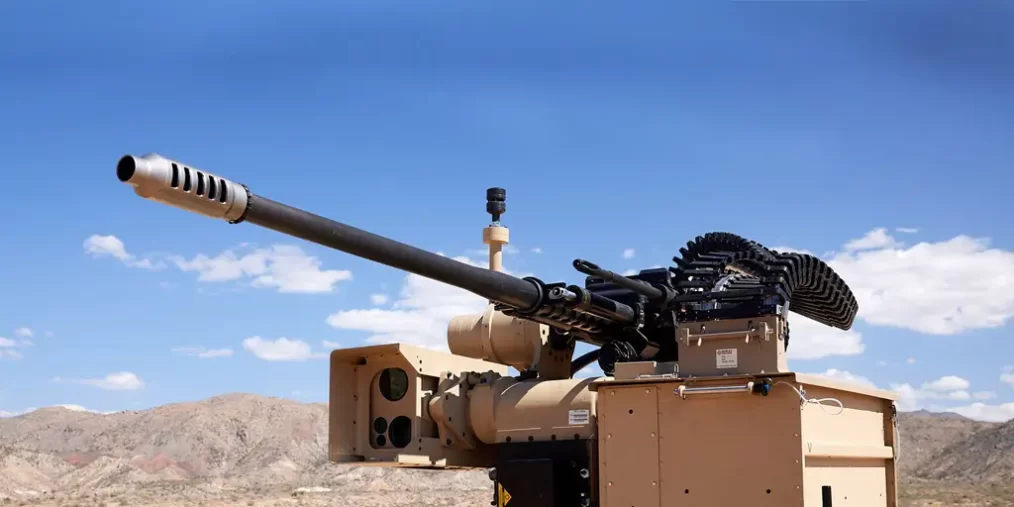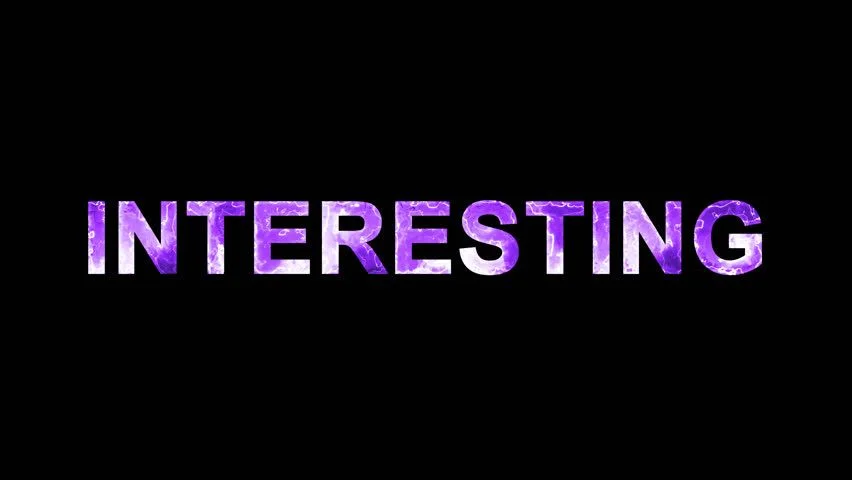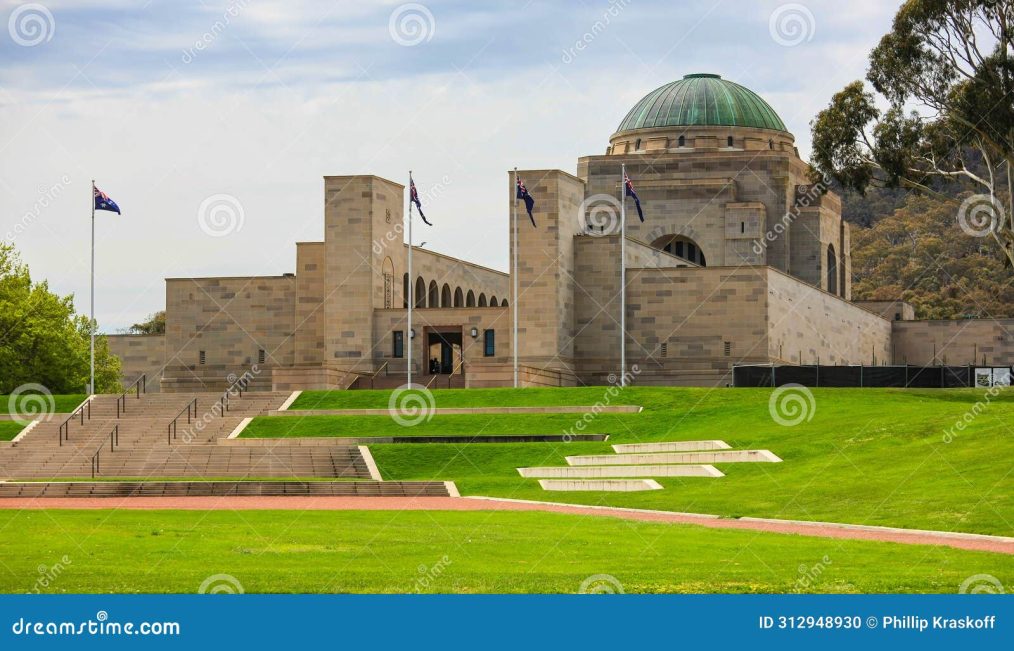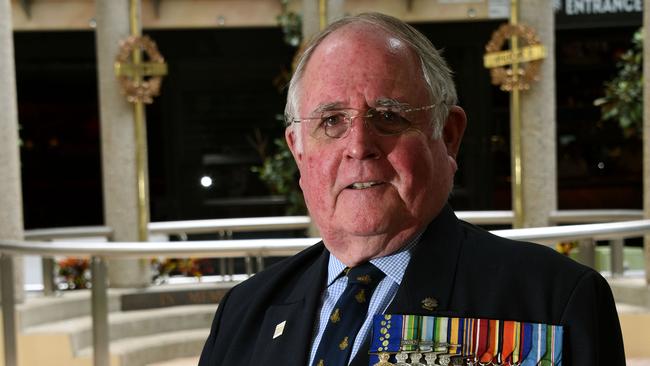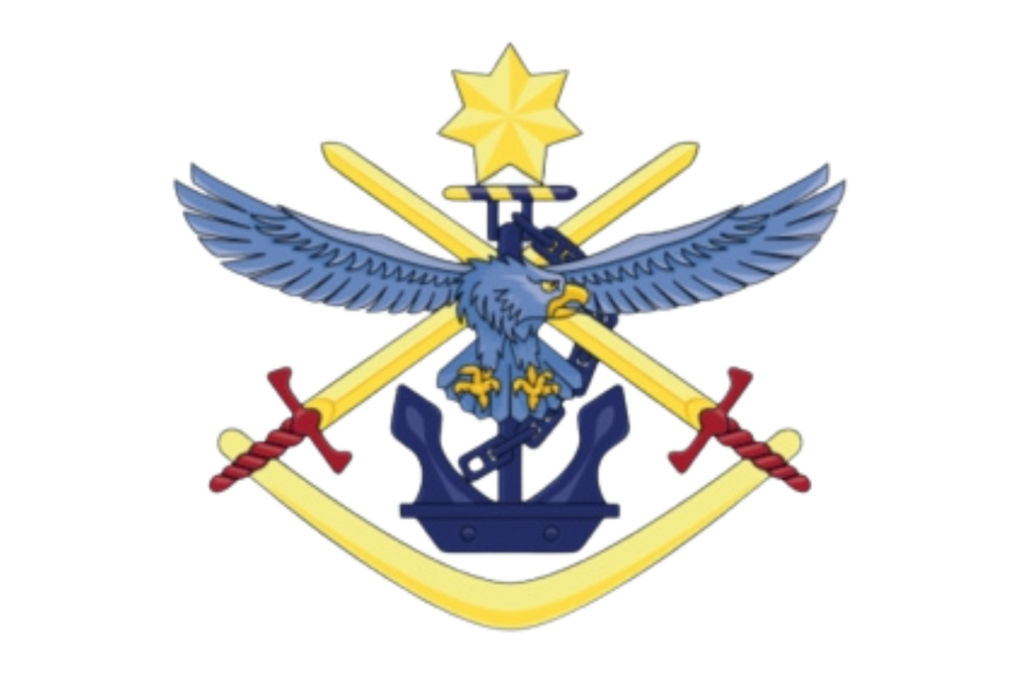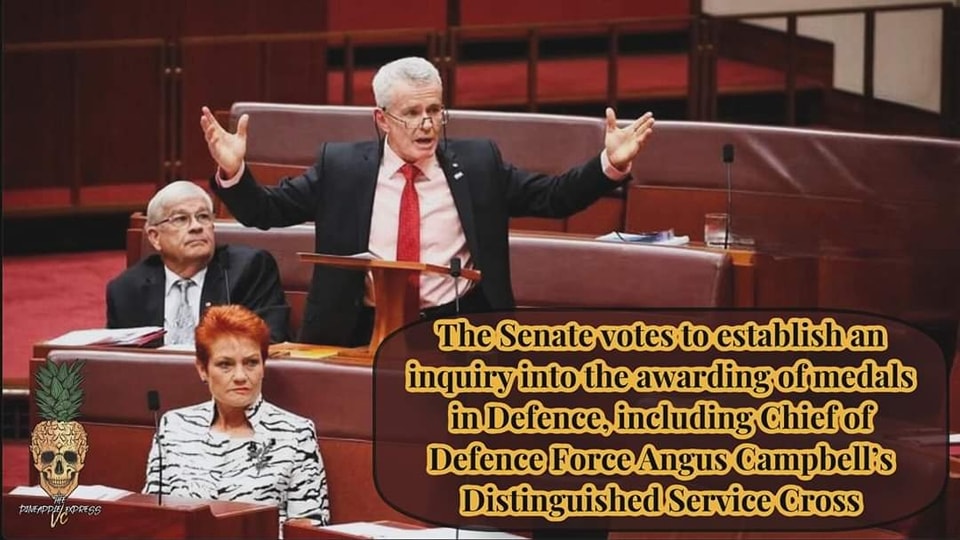Australia’s Redback Infantry Fighting Vehicle (IFV) will be equipped with the Mk44 Stretch Bushmaster Chain Gun, enhancing its combat capabilities. A total of 129 Northrop Grumman guns will be supplied for this integration, with deliveries beginning in 2026. This upgrade will enable the Redback IFV to use Northrop’s advanced ammunition suite, designed to defeat a variety of ground and aerial threats.
Developed initially for the US Army, Northrop Grumman’s ammunition suite includes programmable air burst munitions, armour-piercing rounds, and proximity-fused ammunition. This diverse range of munitions ensures that the Redback IFV can effectively engage a wide spectrum of targets, maintaining its operational superiority in various combat scenarios.
Jennifer Zonneveld, Director of Bushmaster Chain Guns at Northrop Grumman, emphasized the reliability and performance of the Bushmaster Chain Gun, stating:
“Bushmaster Chain Guns are the automatic cannon of choice for customers around the world due to their performance and reliability. In partnership with the Hanwha-led Team Redback, Northrop Grumman is providing the Australian Army with the most advanced medium calibre capability in the world, maintaining the system’s relevancy for years to come.”
The integration of the Mk44 Stretch Bushmaster Chain Gun is part of Australia’s LAND 400 Phase 3 program. This program includes the purchase of 129 Redback IFVs from Hanwha Defence Australia for 4 billion Australian dollars ($2.66 billion). Deliveries are expected between early 2027 and late 2028.
In a related development, Elbit Systems was contracted in February to supply a sensor suite and advanced protection and fighting capabilities for the Redback IFV, valued at $600 million. The total acquisition plan includes 450 IFVs to replace Australia’s aging M113 armoured personnel carriers, which have been in service since the mid-1960s.
The integration of the Mk44 Stretch Bushmaster Chain Gun into the Redback IFV represents a significant upgrade for the Australian Army, providing it with advanced medium-calibre capabilities and ensuring interoperability with state-of-the-art ammunition. This enhancement, along with other upgrades under the LAND 400 Phase 3 program, positions the Redback IFV as a formidable asset in modern warfare.

